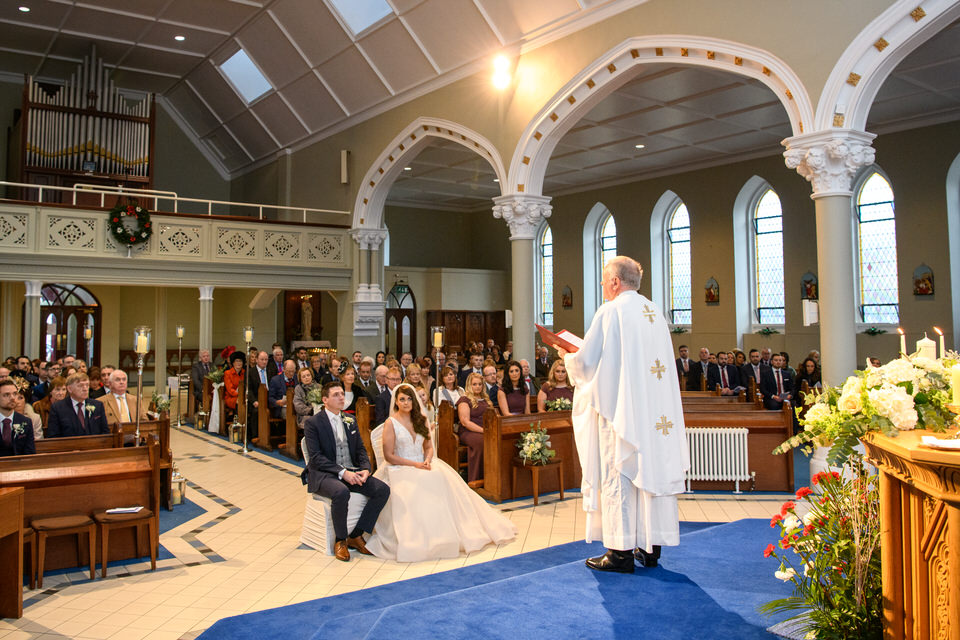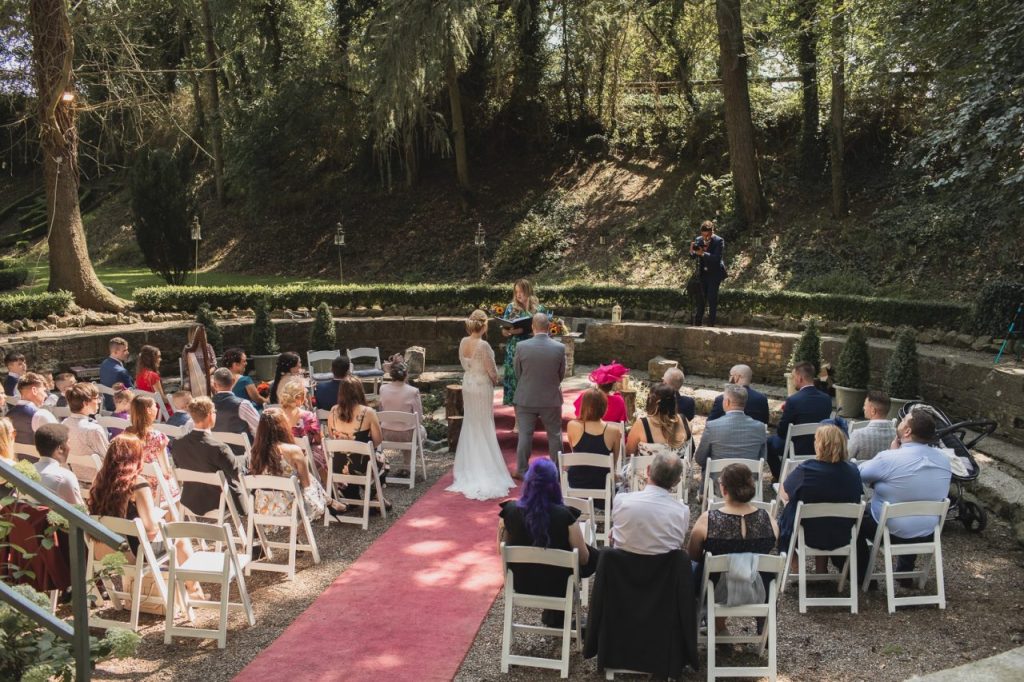The process of trying to figure out how to register intent to marry in Ireland may seem a little daunting. We’re going to break it down for you into a simple checklist, so you know exactly what to do…
Legal marriage requirements
In order to be legally married, you will have to be married by someone on the Register of Solemnisers. If you hire a celebrant who is not registered, it won’t be legal. So you will need to have a separate legal ceremony.
Where to begin: Wedding Celebrants, Ministers and Solemnisers for Your Irish Wedding
Provide notification of marriage
You’ll need to book an appointment to do so, which can be done online or over the phone. All you need to do is contact a civil registration service. We recommend doing this as far in advance as possible. The waiting times vary throughout the year and from region to region. This process needs to happen three months before your wedding. So, if you are getting married on 1 August, you can schedule your appointment NOW for 1 May, so that you’ll have three months between your appointment and your wedding day.
What happens at the appointment
Once you’ve made your appointment, you will go in and meet the registrar as a couple. There is a specific list of documents you’ll need to take with you (see below). While you’re there, you will sign a declaration which states that you don’t know of any legal reason why the marriage can’t happen. You’ll then receive a marriage registration form, sometimes called a marriage license.
Aside from the documents in the list below, you will also need to provide wedding ceremony details. You’ll need information about the type of service you are having, the name and address of your proposed venue, the names and dates of birth of both witnesses, and the name of your registered solemniser.
If everything is in order, you will get your marriage registration form. It’s valid for 6 months from the date you intend to get married.
Andrea Cittadini
A list of documents you’ll need
Both of you will need to bring along a valid photo ID and a photocopy of the photo page of one of the following:
- Passport
- Refugee card/asylum card issued by the Department of Justice and Equality
- National identity card
This must be in date!
You will also need to bring an original and photocopy of:
- Birth certificate (original and photocopy)
- Proof of address (dated within the last three months)
- PPS numbers
For additional documents required for unique circumstances [if you were previously divorced or widowed, or if you are converting a civil partnership to a marriage] take a look at this list.
What to do if you’re postponing
With everything Covid has brought, you might be wondering what to do if you’ve postponed your wedding. If your new date is within the 6 month period, you can have your form amended. Contact the civil registration office that did your paperwork if you need any advice.
For weddings taking place outside of the 6 month period, give your new date to the civil registration office and be sure to do so at least 3 months before your new date. You will need to meet with your registrar again to get your new marriage registration form, but there is no charge for this.
Featured image: Ian Hennessey Photography




